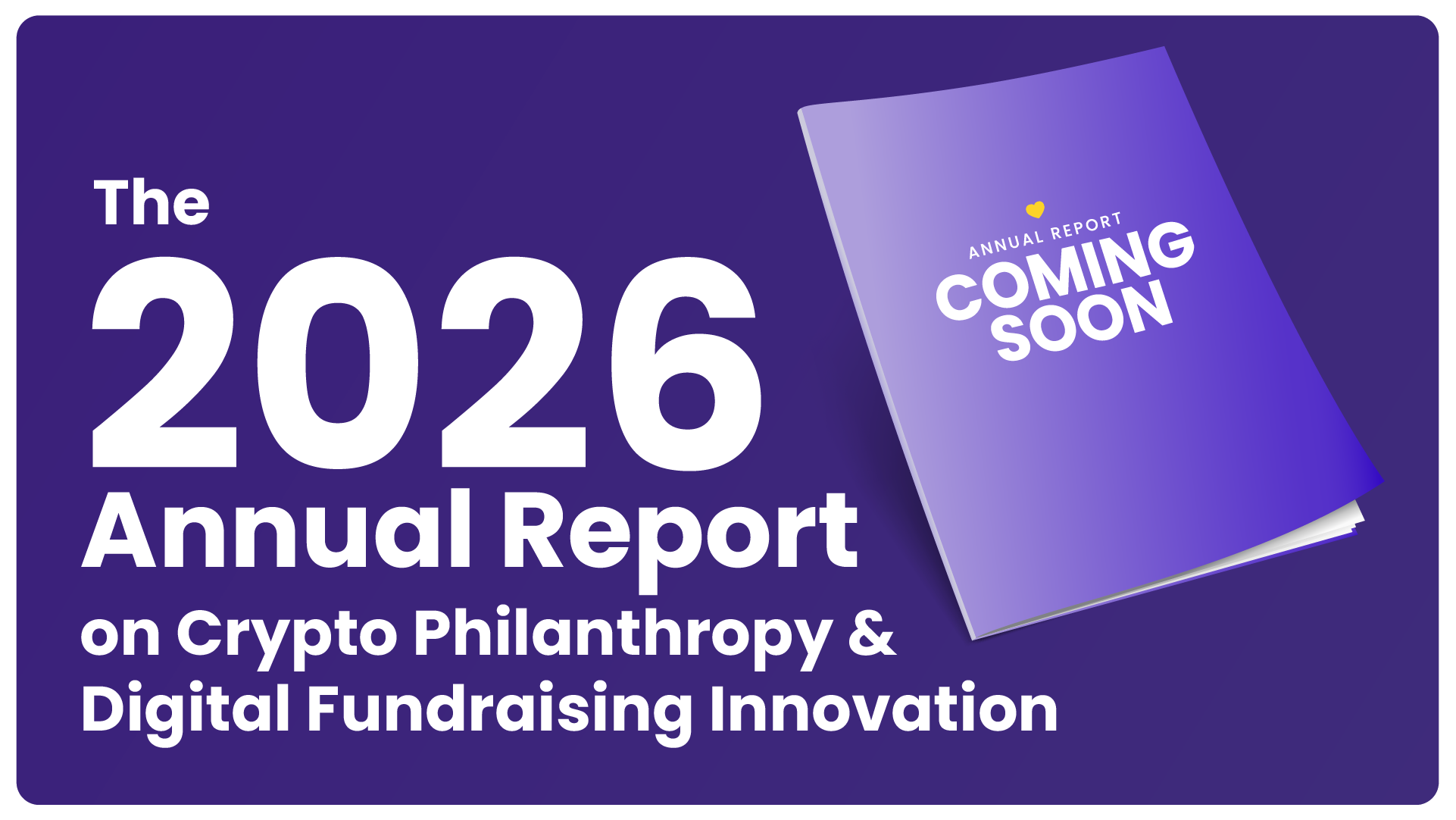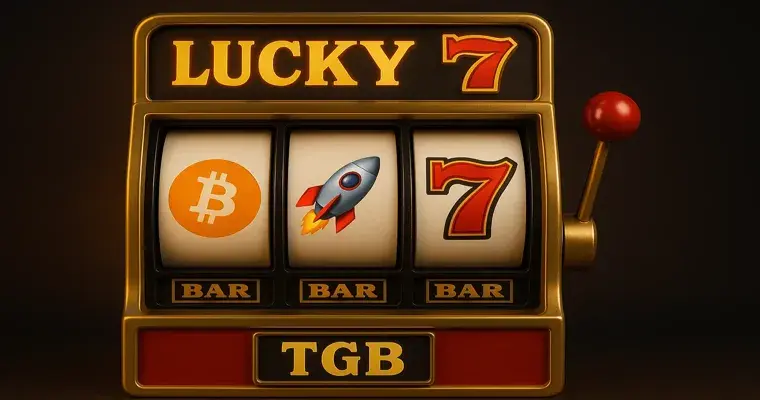There’s a reason why Bitcoin was a central topic at the Oslo Freedom Forum in 2022.
Bitcoin, the world’s leading cryptocurrency, has been called “uncensorable, immutable and permissionless.” Bitcoin’s biggest proponents argue that it is already being used to resist financial oppression and protect the human rights of millions of people around the world.
This article details what many people mean by the saying “Bitcoin fixes this.” Whether you’re new to Bitcoin, or you want to discover some of its use cases beyond plain-and-simple investing, read on to learn about Bitcoin’s revolutionary potential to uphold several of our most essential human rights.
We would be wise to remember that activism is the greatest use case Bitcoin has ever seen.
Source: Cointelegraph
The Case for Bitcoin as “Freedom Money”
Bitcoin’s creation and first wave of popularity came about during the Great Recession of 2007-2009. At the time, Bitcoin stood out as a computer science breakthrough. In the face of a traditional financial system that did little to protect ordinary citizens from recessions and inflation, Bitcoin also became a symbol and tool of resistance.
It’s now widely acknowledged that Bitcoin has created a new and reliable way to conduct financial transactions. But using Bitcoin (and crypto more broadly) isn’t merely a novel experiment for computer science aficionados or an asset class for get-rich-quick hopefuls. Rather, the alternatives proposed by Bitcoin’s whitepaper already have real-world, life-changing utility for millions of people around the world.
“Bitcoin enforces seven of the 30 articles mentioned in the Universal Declaration of Human Rights. It should become clear that Bitcoin is neither useless nor just a tool for speculation,” says Anita Posch, who founded Bitcoin For Fairness, which raises awareness and understanding of Bitcoin for people in emerging countries and for the disadvantaged.
Here are three examples of the human rights that Bitcoin can help protect:
1. Freedom of Association
Bitcoin’s utility is essential not only to those facing economic disenfranchisement, but also to those living under a tyrannical or authoritarian political system.
“Around 4.2 billion people live under authoritarian regimes that use money as a tool for surveillance and state control,” writes the Human Rights Foundation’s Alex Gladstein. “For them, saving and transacting outside the government’s purview isn’t shady business. It’s a way to preserve their freedoms.”
If you are unable to freely associate with others, governments that practice forms of financial surveillance can freeze your bank account as part of their opposition to certain types of protests and political activism. Unlike with traditional bank accounts, with Bitcoin there are no accounts that can be frozen or seized since transactions of Bitcoin take place on the blockchain.
2. The Right to Own Property
Property rights are essential to a thriving society. In a society where your property can be seized without cause, there is no incentive to earn and buy, or for manufacturers to improve the quality of products that can raise the standard of living. In short, the degree to which property rights are upheld in your country can be directly tied to your likelihood of enjoying some level of prosperity.
“For millions of people around the world, bitcoin is their first chance to practice self-sovereignty over their own money,” argues Siby Suriyan.
Because Bitcoin is decentralized, assets cannot be seized by a unitary (i.e. centralized) actor, because no individual person or entity controls its system. Owning Bitcoin is an opportunity for many people to pursue their own prosperity.
3. The Right to Privacy
The common counter argument made against privacy advocates is that good people should have “nothing to hide,” but in many countries, privacy is a luxury.
With online activity becoming an increasing part of our lives, data collection is more rampant than ever and it has become more difficult to circumvent direct or indirect forms of surveillance.
But in many parts of the world, vulnerable groups and freedom activists often cannot afford privacy tools such as VPN services.
While Bitcoin transactions can be traced via its public blockchain, there are solutions that can do more than make Bitcoin users pseudonymous. Certain wallets can actually “mix” transactions together that can help blur who is making each individual transaction. Another solution, The Lightning Network, also groups together transactions. While Lightning was meant to solve Bitcoin’s scalability problem, it has also helped protect the anonymity of users.
In Summary
From providing access to financial literacy, the right to own property, and resistance to censorship, Bitcoin is creating a revolution that can’t be slowed down. To date, roughly 300 million people worldwide have bought, sold or used cryptocurrencies. A recent report from Wells Fargo suggested that crypto is about to enter its “hyper adoption” phase, similar to the growth in web usage in the 1990s.
What set in motion this entire crypto revolution? The invention of Bitcoin, of course.
Crypto Users Can Help Promote Human Rights
Crypto users have shown incredible generosity in supporting the most critical causes of our day. They have donated crypto worth hundreds of millions of dollars to Ukraine, donated staggering amounts of NFT royalties to support LGBTQIA+ rights, and have stepped up to support countless other areas of great need.
You can be a crypto hero and help support the ongoing fight for universal human rights by making a charitable donation to one of 2,000 charities that accept Bitcoin, Ethereum, USDC and other cryptocurrency donations.




















